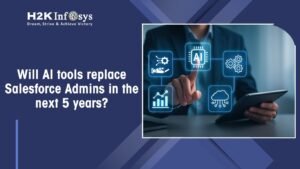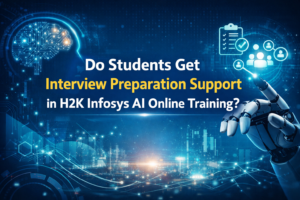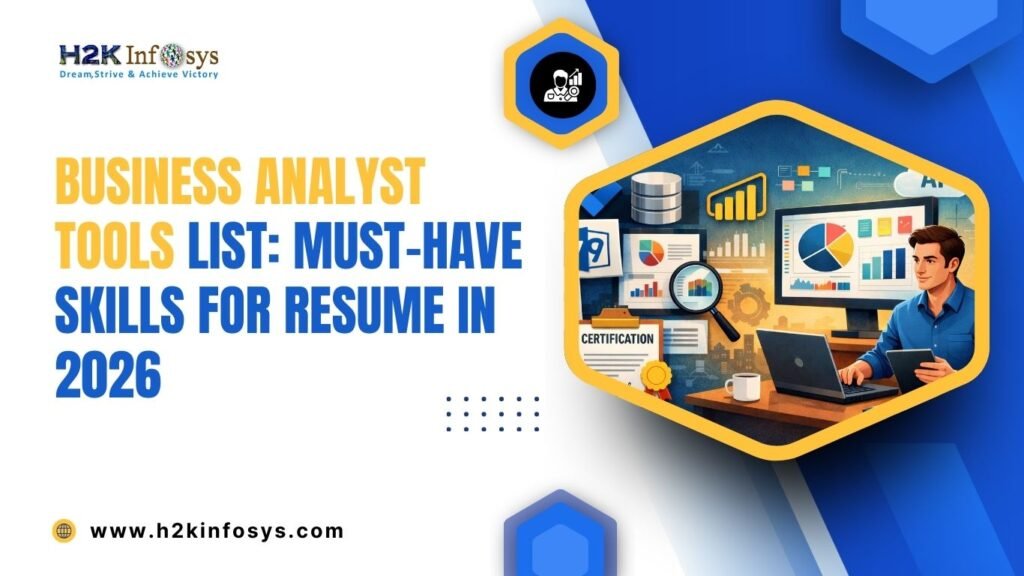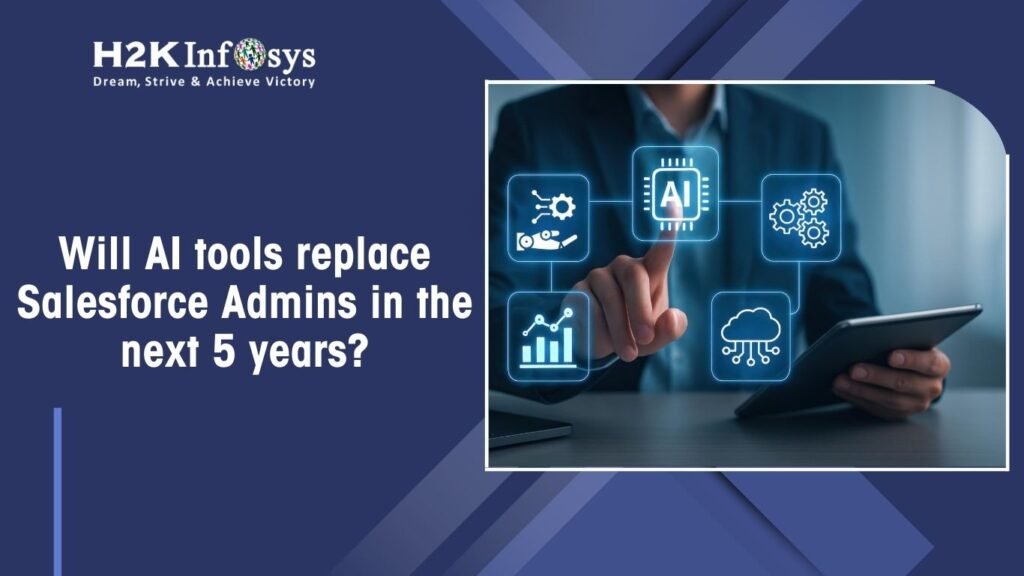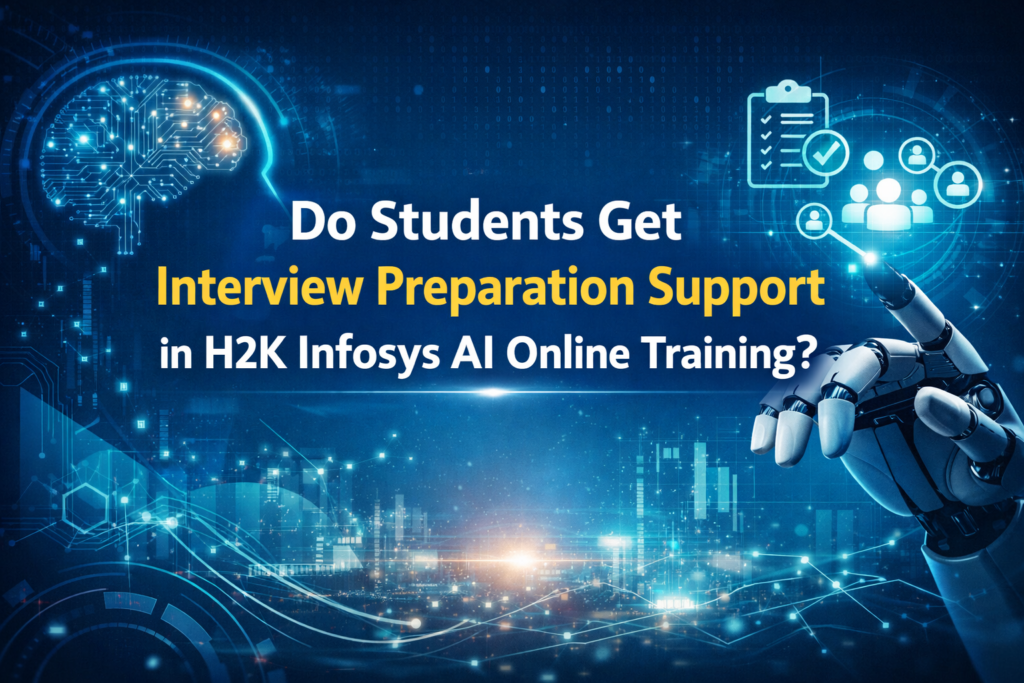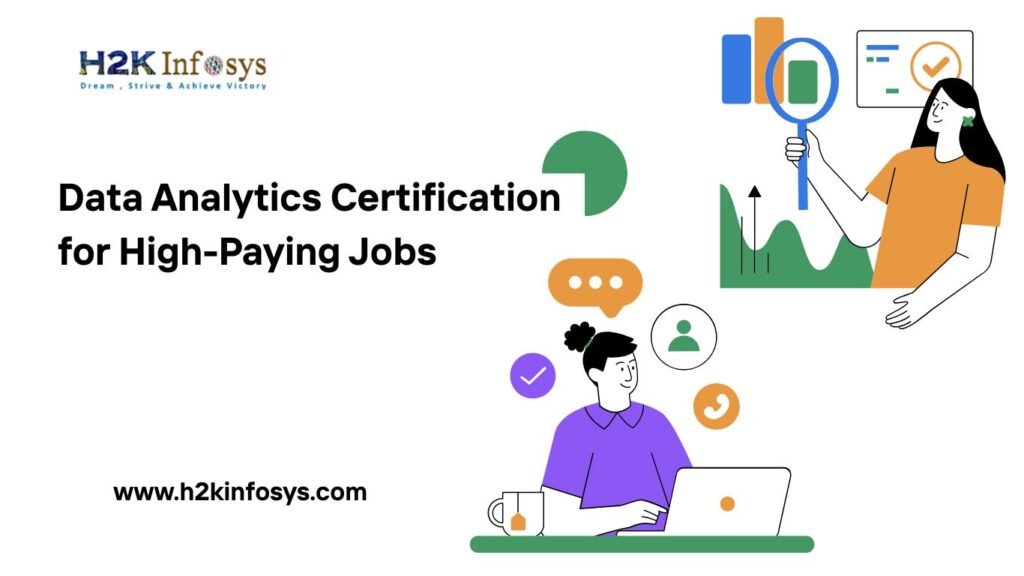Everyone is familiar with DevOps and AIOps. These are the anthems of the decade of the 2010s; the AIOps movement has its roots in the DevOps culture, but the two are fundamentally distinct. DevOps is a way of life for the entire organisation, but AIOps uses tools and technologies that are a few steps ahead of DevOps, such artificial intelligence and machine learning. A good illustration of this is when human intervention is replaced with data-driven decision making.
In this article, the terms “DevOps” and “AI Operations” will be defined. Here is a brief overview of their past as we continue. So let’s get right to it. To learn more about DevOps, check out the DevOps online training.
Let’s Start with DevOps
The term “DevOps” was first coined by Belgian IT consultant Patrick Debois in 2008. In an effort to improve communication between the development and operations teams, he organised the inaugural “DevOpsDays” conference in Ghent, Belgium, that same year.
The goal of DevOps is to eliminate the boundaries that have previously existed between the historically disjointed and incoherent teams in charge of server administration and software development. Engineers focused on building and deploying new features, while operations teams made sure the system stayed stable and accessible.
DevOps sought to boost software delivery velocity and reliability by uniting these two teams and promoting cooperation and communication. This was achieved by treating infrastructure as code, adopting continuous integration and delivery, and integrating testing and monitoring into every stage of the software development process.
The DevOps movement gathered momentum in the years that followed, and companies of all sizes and across a variety of industries embraced it. The digital transformation of numerous industries has been significantly accelerated by the adoption of DevOps practises, as the concepts and methods of this methodology are now extensively acknowledged and employed.
The term “DevSecOps” refers to the way that DevOps has grown to include security in addition to numerous other fields like ChatOps, Artificial Intelligence Operations, etc.
Think about these fascinating DevOps-related concepts:
- Code updates are regularly, daily, or even minute-by-minute merged into a central repository through Continuous Integration (CI). Teams can develop software more rapidly and with higher quality if they are given the opportunity to promptly recognize and resolve possible conflicts.
- The process of regularly creating, testing, and distributing new software versions to customers through mechanical means is referred to as “continuous delivery” (also known as CD). Teams may now distribute updates and problem fixes to clients less riskily and faster.
- Infrastructure is managed automatically via a procedure called “Infrastructure as Code” (IaC), which replaces manual hardware and software configuration. Teams can now reduce human error and increase dependability in infrastructure provisioning, setup, and administration by utilising automation.
- An architectural pattern known as “microservices” breaks up a major program into multiple smaller ones. This improves scalability and adaptability since teams are able to independently design, implement, and scale services.
- A methodology called DevSecOps integrates security audits with the rest of the software development and delivery process. Projects may continuously monitor for possible security problems and resolve them as they emerge if security specialists are brought in from the beginning.
- ChatOps is an approach that uses Slack and other instant messaging apps for team collaboration and task automation. Teams can therefore focus their efforts in one area, sharing data and automating repetitive tasks more readily.
Now let’s talk about AIOps
“AIOps” (Artificial Intelligence for IT Operations) became a term in the early 2010s when companies started looking into how they could improve and optimise their IT operations using cutting-edge tools like machine learning and data analytics.
One of the first objectives of AIOps was to automate incident management and event correlation in the hopes of reducing the amount of time and effort required to identify and resolve issues. Our task involved searching through vast quantities of data collected from multiple sources, such as performance measurements and log files, for irregularities and trends that might point to a problem.
With increased development, AIOps started to focus more on predictive maintenance, root cause analysis, and performance monitoring. As a result, companies were able to maximise the effectiveness of their IT systems by identifying and fixing issues early on.
Over the ensuing years, AIOps developed and matured further, and more companies adopted its processes and technologies. The amount of data produced by IT systems has increased along with the demand for AIOps to effectively manage and optimise IT operations as the IT sector continues to develop.
AIOps has started to connect with other sectors like DevOps and Security since it can help DevOps by providing insights and automating the development process, and it can help Security by doing the same for the security procedure.
AIOps is now commonly recognized as a critical enabler of digital transformation because it helps organisations manage their IT more effectively, efficiently, and proactively.
Why AIOps?
There are several reasons for a company to choose AIOps:
- Automation: Many of the manual functions that were previously performed in IT operations, such as incident management and event correlation analysis, can be automated with AIOps. This can assist organisations in reducing the amount of time and effort required to identify and resolve issues and mitigate the impact of outages.
- Organisations can be more proactive in their management of their IT systems by using AIOps to provide them with real-time insights and automated remedies to issues. This can help businesses identify issues before they get out of hand and enhance the functionality of their systems.
- Scalability: AIOps can assist when the volume of data produced by IT systems. AIOps can also help organisations manage and optimise their IT operations at scale.
- Cost savings: AIOps reduces the need for manual labour by automating functions, which can help organisations save money on IT operations expenditures.
- Enhanced security: By automating processes like identifying possible attacks and how to respond to them, as well as identifying vulnerabilities and how to address them, AIOps can assist organisations in enhancing their security.
- Improved cooperation: By providing insights and automating the entire IT process, AIOps can assist organisations in enhancing the collaboration between their development and operations teams.
All things considered, AIOps can assist organisations in managing their IT operations in a more effective, proactive, and efficient manner. Additionally, it provides them with the automation and analytics they require to help with their digital transformation initiatives.
Conclusion
In today’s hybrid, multi-cloud world, AIOps and DevOps are growing in importance. Using enterprise clouds has changed people’s perspectives, which have also seen extraordinary growth and are now major contributors to the global economy.
We ought to be superior to AI since we are the ones who made it, right? If this is the case, we must change the way we live in order to compete with and get along with AI. With all of the amazing technological advancements and research, all people on Earth can live in harmony if we only take the time to explore our innermost selves. We must acknowledge that not everything we develop will have a distinctive quality of its own as not everything we create will. That, to put it plainly, is humanity. Check out our online DevOps course to learn more.











